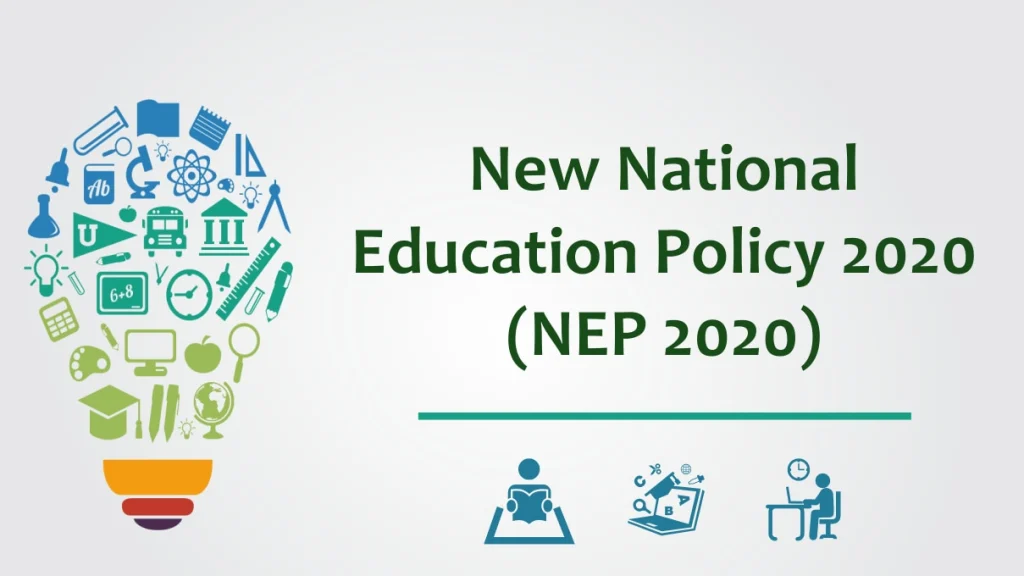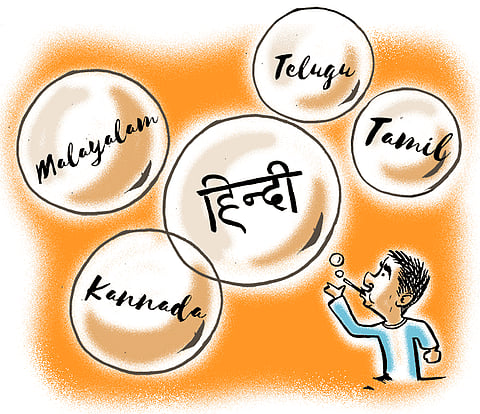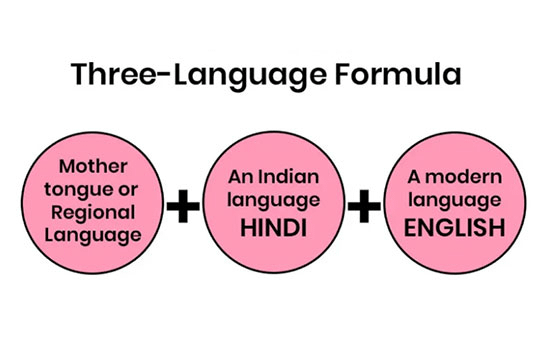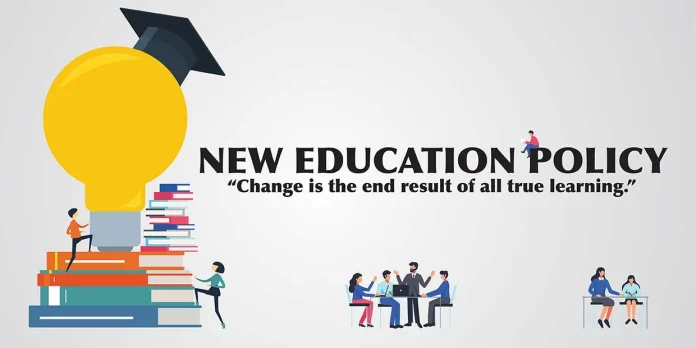Three languages will be taught to pupils as part of the 2020 education agenda. However, it will be made sure that the nation’s unity, the needs of various regions, the people’s desires, and the constitution’s laws be upheld.
The National Education Policy (NEP) 2020 is the subject of a dispute between Tamil Nadu and the Indian government. The Tamil Nadu government is not prepared to embrace this strategy, which was put into place by Prime Minister Narendra Modi’s administration as a significant change in the education system.
MK Stalin, the chief minister of Tamil Nadu, is publicly against this strategy. He referred to it as a “Hindutva policy” and claimed that it prioritizes Hindi and Sanskrit above regional tongues. He claims that this poses a risk to the evolving educational system in Tamil Nadu.
However, under the New Education Policy (NEP) 2020, is a third language required in states where Hindi is the primary language? What choices are available in Bihar, Madhya Pradesh, and Uttar Pradesh for third languages? Learn more in this unique tale.

What is the new education policy’s area of expertise?
According to a policy announced by the administration in Parliament, every kid should have the opportunity to learn in their native tongue. They are able to learn more effectively and comprehend things more rapidly as a result. Children do not face a linguistic barrier when they think in their native tongue, which allows them to generate new ideas.
This policy encourages children to learn foreign languages, including Korean, Japanese, Thai, French, German, Spanish, Portuguese, and Russian, in addition to Hindi and English. They will be able to travel the world more easily and learn about various cultures thanks to this.
‘Global Citizenship Education’ (GCED) is also deemed significant by this policy. This implies that kids should be aware of and able to comprehend the world’s concerns. Providing children with information about the world is crucial.
Useful education!
According to the government, in order to obtain employment in the modern world, one must acquire new skills. As a result, our education should likewise be designed to assist us find employment. This is emphasized in the National Education Policy 2020.
New regulations such as the Curriculum and Credit Framework for Undergraduate Programs, the National Higher Education Qualification Framework (NHEQF), and the National Credit Framework (NCrF) have been established by the government. In order to facilitate collaboration between colleges and universities and industry specialists, guidelines have also been developed for Professors of Practice.
To prepare for the jobs of the future, our education is being modified. such as positions in the digital and creative economy, AI, banking, healthcare, and agriculture. SWAYAM Plus is an online platform that has been launched, offering courses based on industry demands. Children will find it easier to find employment as a result.

Are any states being forced to use a particular language?
The administration stated that students will be taught three languages as part of the new education policy 2020 in answer to a question in Parliament. However, it will be observed that the Constitution’s provisions, the people’s desires, the requirements of various regions, and the nation’s unity all hold. The nicest part is that there would be total autonomy regarding the three languages. No state will be forced to adopt a language. The states and the kids themselves will decide which three languages the kids will learn. Just remember that India should speak at least two of the three languages.
Children can switch between the three languages they have learned in Class 6 or 7. By the time he graduates, however, he will need to demonstrate a strong command of all three languages, one of which should be at the level of Indian literature.
Which third languages are available in Bihar, MP, and UP?
According to the government, students in Uttar Pradesh have the option of selecting Sanskrit or Urdu as their third language. Sanskrit, Hindi, Urdu, Punjabi, or Marathi are the options available to students in Madhya Pradesh for their third language. Hindi has also been retained as the third choice in this case. In contrast, students in Bihar have the option of selecting Sanskrit or Urdu as their third language. In this sense, these three states offer third-language alternatives, allowing students to select the language that best suits their needs and interests.

Are our languages gradually disappearing?
Although India has long been renowned for its linguistic variety, its languages are currently in danger of extinction. UNESCO has designated 197 Indian languages as “endangered,” and over 220 Indian languages have gone extinct in the past 50 years.
The lack of written script in many languages makes their preservation challenging. If a tribe or community’s elders who spoke that language die, the language dies with them. Despite being an integral component of our society, these languages are frequently not given the attention they need in terms of preservation or documentation.
Are we losing the strength of our languages?
The 22 languages included in the Eighth Schedule of the Constitution are also confronting numerous difficulties, demonstrating that India’s linguistic variety extends beyond its endangered languages. In the future, they might also be in danger if they are not adequately protected.
According to the government, Indian languages ought to be taught and utilized in schools and universities at all levels. To keep the languages alive, there should be books, workbooks, movies, plays, poems, novels, and periodicals available. Important texts from the world’s major languages ought to be translated into Indian languages to disseminate fresh information. In languages like English, French, German, Korean, and Japanese, new teaching resources, vocabulary, and translations are continuously being created. However, India is still lagging in this area.

How much does the government spend on education relative to its GDP?
The Ministry of Education is constantly expanding its budget. In 2021–2022, it was Rs 93,224.31 crore, while in 2024–202,5, it was Rs 1,21,118 crore. The Center and the states spent a total of 4.12% of India’s GDP on education in 2021–2022, according to the Analysis of Budgeted Expenditure on Education 2019–20 to 2021–2022.
Read More: Indian Railways driver salary & 8th

| Join Our Group For All Information And Update, Also Follow me For Latest Information | |
| Facebook Page | Click Here |
| Click Here | |
| Click Here | |



